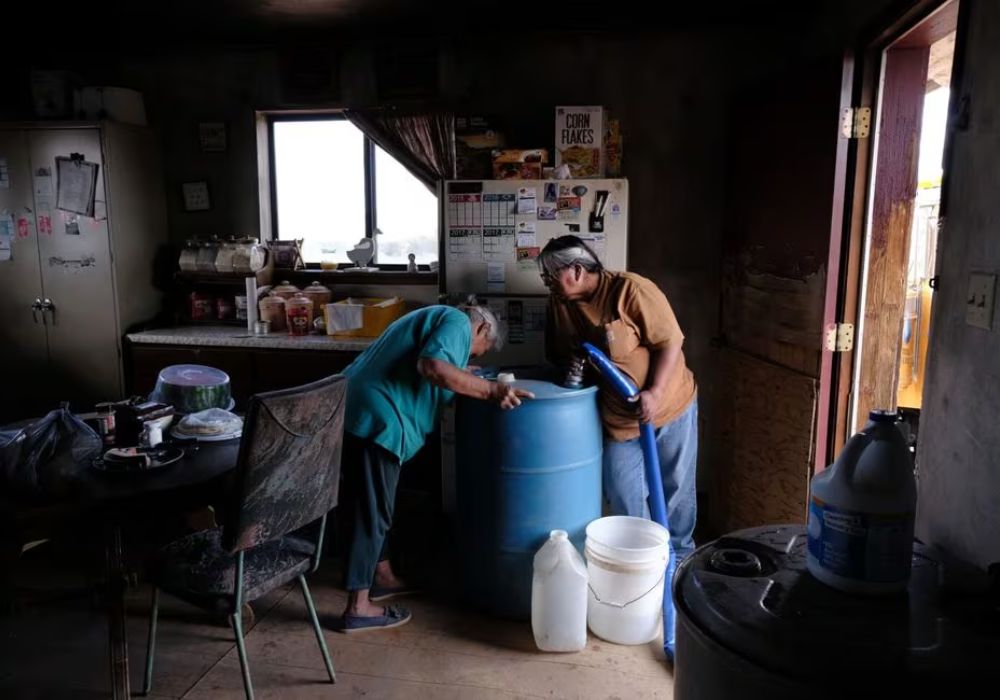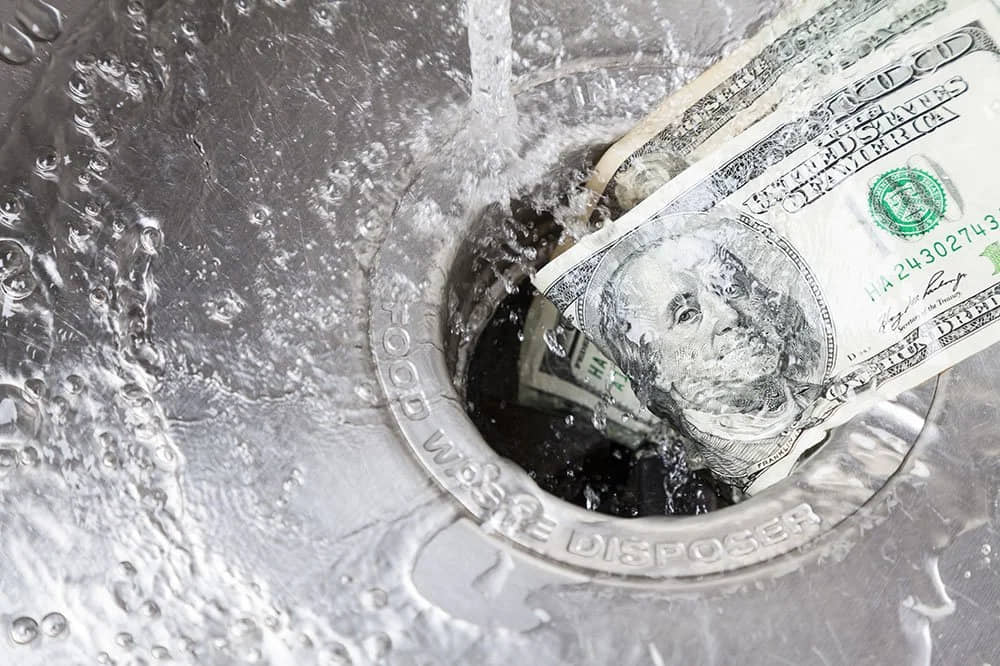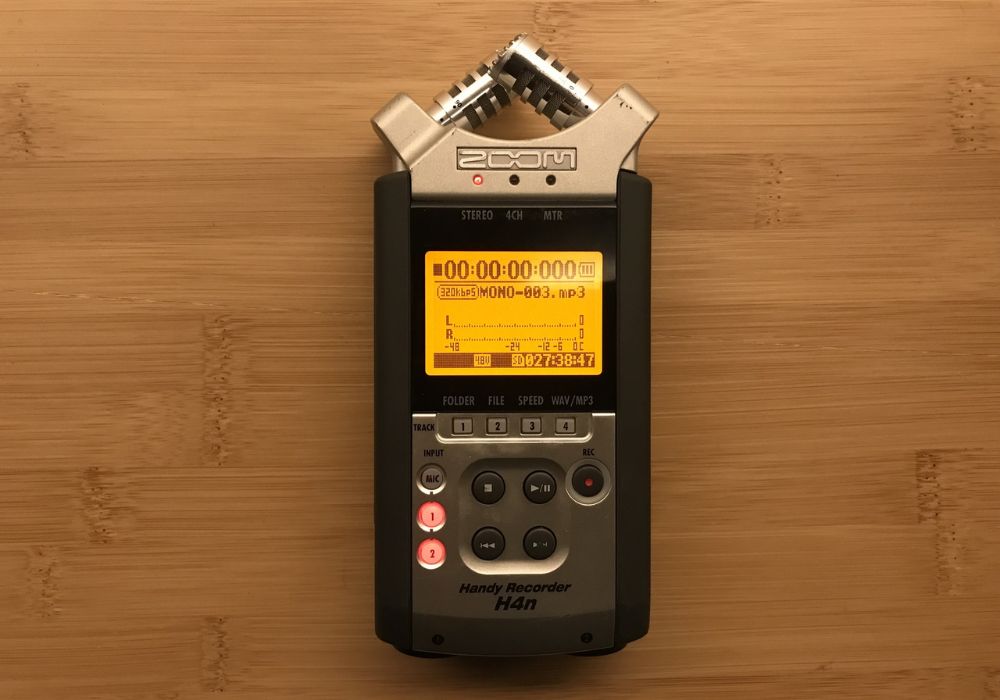A rental property manager handles the day-to-day operations and responsibilities of managing rental properties on behalf of landlords and property owners. They play a vital role in ensuring properties are well-maintained, tenants are satisfied, and the business runs smoothly and profitably.
Essentials of Rental Property Management
A rental property manager oversees key functions such as rent collection, tenant screening and relations, property maintenance, financial management, and more.
They act as the primary point of contact between landlords and tenants, addressing any issues or concerns that arise. Property managers ensure properties comply with all legal and regulatory requirements while maintaining high occupancy rates and returns for owners.
Their organizational skills, expertise in property and real estate law, and ability to provide excellent customer service are critical to their success.
How do they market and lease vacant rental properties?
Rental property managers are responsible for filling vacancies as quickly as possible.
They market available units on popular rental listing sites and through printed flyers or newspaper ads. Managers also conduct in-person and virtual tours to showcase property amenities. When applications are received, managers thoroughly screen applicants, verifying income, employment, credit, and rental history.
The goal is to select reliable tenants who will pay rent on time and comply with lease obligations.
Related: Is Rental Property Considered A Business?
How do they collect rent and handle tenant inquiries?

Collected rent is one of the primary sources of income for a rental property. Managers utilize convenient online rent payment portals and issue timely payment reminders to ensure rent is received in full and on schedule.
They are also the first point of contact for tenant inquiries regarding maintenance issues, lease requirements, and other day-to-day concerns. Managers address problems promptly and professionally to maintain positive tenant relations.
How do they maintain the properties?
Part of a manager's role involves routine and emergency property maintenance. This includes coordinating regular lawn care and cleaning services.
More hands-on tasks like changing air filters, checking smoke detectors, and making minor repairs are also managed by the rental property manager.
Larger maintenance projects are outsourced to licensed contractors. Managers keep detailed records of all work and spend within allocated budgets.
How do they handle legal issues and compliance?
A manager is responsible for understanding and complying with all fair housing, safety, insurance, and other relevant local, state, and federal regulations.
This protects landlords from potential violations or liabilities. Managers are also trained to navigate the legal eviction process when necessary, following jurisdiction-specific guidelines. Their expertise in landlord-tenant law and related issues ensures properties remain in compliance.
How do they manage the budget and finances?
Rental property managers monitor income and expenses closely through careful budgeting. This includes tracking rental payments against operating costs like utilities, taxes, insurance, and repairs. Managers may negotiate vendor contracts to reduce spending. They prepare detailed monthly financial reports for owners, ensuring profitability.
Managers also handle tax documentation and coordinate with accountants as needed for maximum deductions and returns.
How do they handle emergencies?
When urgent issues like flooding, fires or major repairs arise, property managers switch into crisis response mode. They communicate with tenants, coordinate necessary repairs with contractors, and facilitate temporary relocations if an apartment is uninhabitable until fixes are made. Managers are available 24/7 in case of emergencies to resolve problems quickly and minimize disruption for tenants.
Conclusion
In conclusion, rental property managers handle a wide range of responsibilities beyond just rent collection. They oversee all day-to-day operations, ensure high occupancy rates and returns, maintain positive tenant relations, comply with legal protocols, and address issues promptly.





